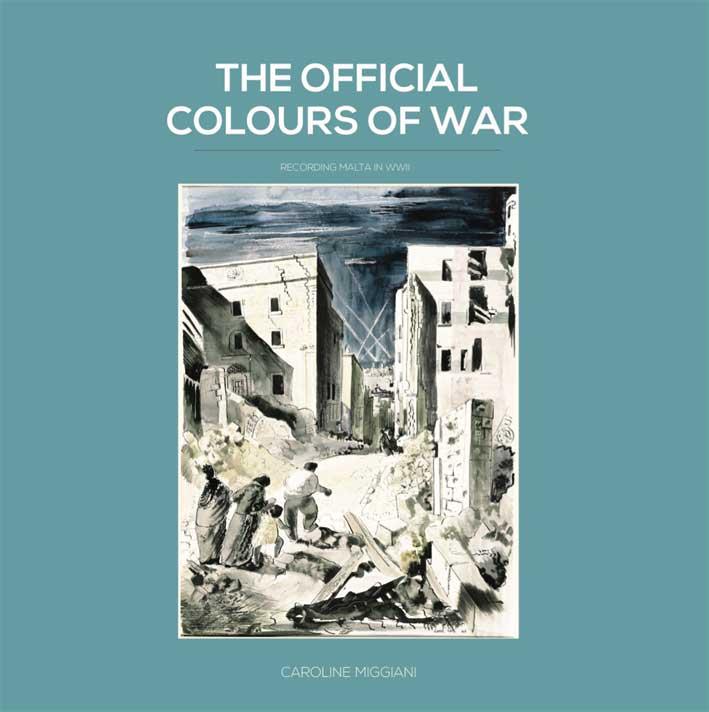The Covid-19 pandemic has normalised remote work. Our daughter and our daughter-in-law have both worked from their homes since the early days of the pandemic in Munich and Glasgow respectively and that's already been a good nine months. I feel that work will never be the same again, even if I can't yet fully grasp all the ways it will be different. Possibly unlike most people reading this Diary, I'm used to working at home. As a previous full-time mum, and presently as a researcher with a few ongoing projects including a new book, I tend to spend a large part of my day indoors. I've carved out a structured and comfortable routine at home for myself over the years but since the start of this healthcare emergency I've morphed into a true homebody and somewhat of a dilettante gardener. The mild weather during the spring lockdown happily kept my husband, Mark and I busy in our garden and made us feel that we were never truly stuck indoors. We still felt hopeful then that Corona would be kinder to us with summer approaching.
A trip to Japan in March was an early casualty triggered off by the Covid-19 pandemic. We had planned our stay in the Far East to coincide with our thirty-first wedding anniversary and Mark's recent retirement made travelling for a period of more than a week feasible for the first time in our married lives. Sadly, it was not to be. The global situation had deteriorated significantly by mid-February and we decided to postpone the trip by six months until October. 'We will miss seeing all those cherry trees bursting into wondrous shades of pink but at least the pandemic would have fizzled out by then,' we told each other by way of consolation. How mistaken we were. October has come and gone and the pandemic is still with us. Coronavirus didn't just disrupt our travel plans but it has also robbed us of our ability to plan the immediate future. Leafing through the travel guide to Japan one last time before reluctantly shelving it in the travel section of our library, I read that the sakura or cherry blossom, and its brief appearance in spring, has become a metaphor for the fleeting nature of life. A timely reminder, I tell myself.

Front cover of Caroline’s publication which features sixty of Leslie Cole’s wartime paintings, sketched and executed during the British war artist’s six month stay in Malta in 1943.
As a researcher who has studied and written a few articles and a book (The Official Colours of War) about art and the last war, I think that learning to live with this deadly and indiscriminate virus can't be much worse than the uncertainty of when the next air-raid would take place. Our fathers probably thought that their enforced stays in stuffy, unsanitary underground shelters for two and a half years had become their 'new normal' too. I'm uncomfortable with some of the war parallels presently being touted about but there are a few pointers from the last war which are worth noting. I listened to a YouTube feature compiled by the BBC News entitled Beating Loneliness this week. It reports on how Britons, young and old are facing separation and isolation during the pandemic and how they are fighting back. The story of Majorie Wells, a 91 year old who lives alone was an honest and touching one. She spoke about how the restrictions she had experienced as a youngster during WWII have helped her cope with her loneliness during this current pandemic and how we ought to focus on what we have and not on what we don't in order to cope. Marjorie ended her interview by saying that there's 'no use feeling sorry for yourself.' Her earthy wisdom reminded me of my maternal grandmother who braved the war with two young children in tow. I have missed doing many things this past year. I tell myself that like Marjorie I too have to learn to live with the restrictions and regulations being imposed upon us and to wait for better days.

Praying in the Underground Shelters, 1943, Leslie Cole, IWM, London. Painted on site in Valletta and featured in The Official Colours of War. Families are seen praying and enduring their ’new normal’ in the underground shelters in 1943.
I'm sharing the following Covid related anecdote with Mark's consent. His longer than usual hair needed urgent tending to in April after months of growing out and he started to insist that I ought to cut it for him. Hairdressers hadn't resumed their activities at that point in time. I've never cut any one's hair before and wanted to avoid a DIY hair-horror story at all costs, so I procrastinated. I woke up one morning feeling especially brave and fished out the electric clipper I habitually use to trim our dog, Casper's hair. 'Shall I use this?' I asked M half-jokingly, waving the razor in his face. He agreed and surprisingly, the end result wasn't that bad. Both our children were horrified that I had the gall to use a (sanitised) dog clipper on M's hair but later saw the funny side of my first hairdressing attempt. Casper, I'm afraid your clipper now permanently belongs to Mark!
Christmas is round the corner as I conclude this Diary. I'm beginning to resign myself to the fact that our son and his wife can't make it back to Malta from Scotland this year to celebrate the festivities with us. The recent news that there is a vaccine on the horizon has injected me with a dose of much needed optimism and with the hope that we may soon return to our 'normal' lives, whatever 'normal' has now come to mean.
Editorial Note: If you wish to contribute your own Covid diary please email
[email protected]